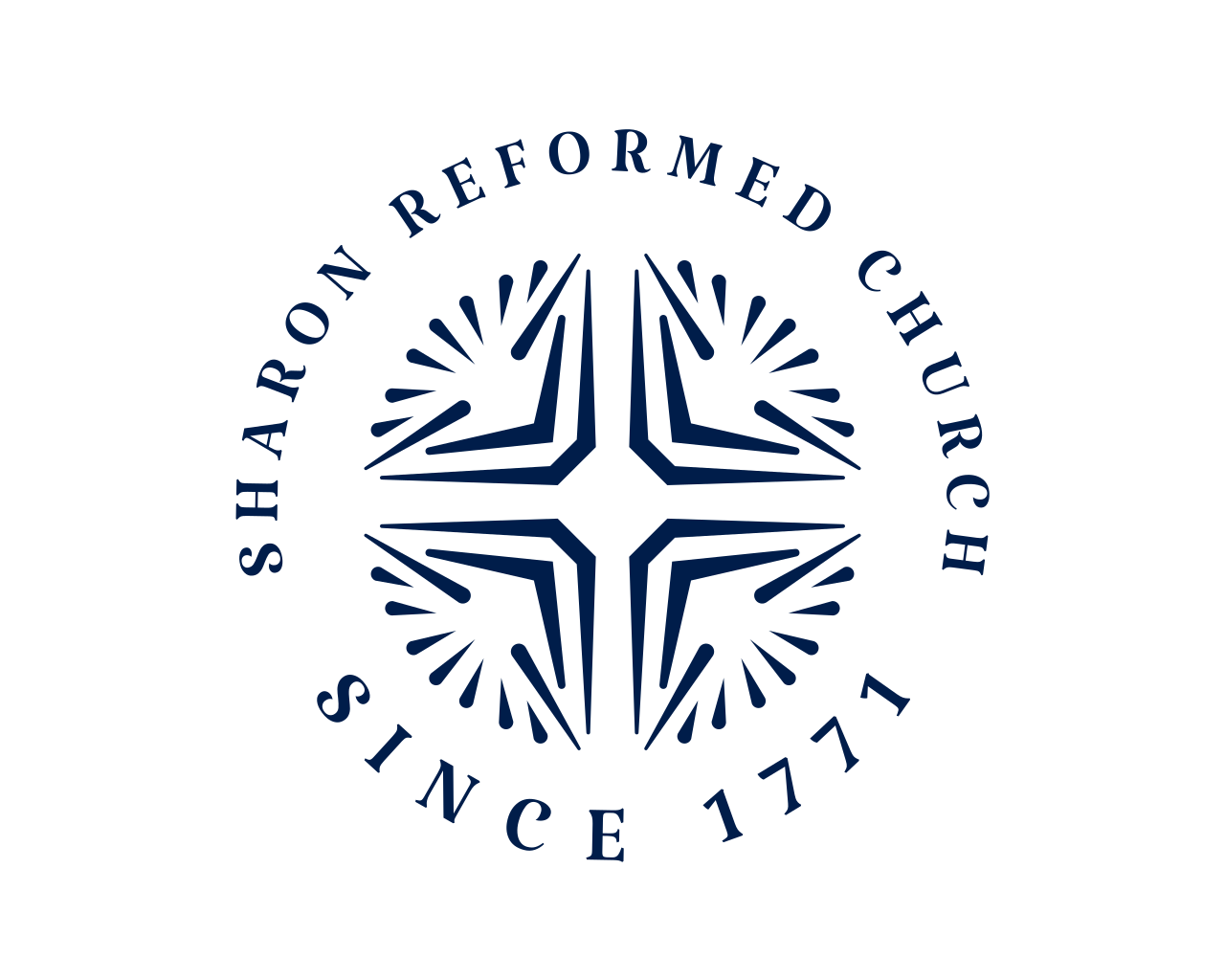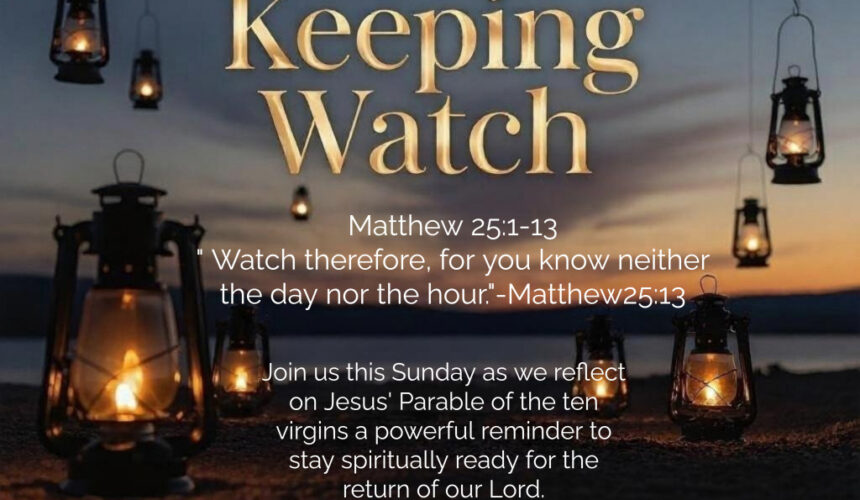Are You Ready for the Bridegroom?
Have you ever wondered what it truly means to be ready for Christ’s return?
In a powerful sermon, Pastor Jim drew a fascinating parallel between Christopher Columbus’s divine mission
and Jesus’s parable of the ten virgins, illuminating the crucial difference between merely appearing prepared
and being genuinely ready for the Bridegroom.
Through careful examination of Matthew 25:1-13, he revealed that the five foolish virgins – though carrying
lamps and waiting alongside the others – lacked the essential oil, symbolizing the Holy Spirit’s presence in believers’ lives.
Pastor Jim emphasized that no one can enter the Kingdom on borrowed faith; each person must possess their own genuine
relationship with Christ. Making this ancient parable remarkably relevant for today’s church, he warned that outward
religious appearances aren’t enough – true readiness requires spiritual transformation through the Holy Spirit.
The message concluded with a practical call to join small group communities where believers can support one another
in staying spiritually vigilant, reminding us all that the Bridegroom’s return demands more than casual Christianity –
it requires hearts truly alive with faith.
Reflection & Discussion Questions
-
Understanding Readiness:
- What does it mean to be spiritually prepared for the return of Christ, as illustrated by the parable of the ten virgins?
- How can we ensure that our faith is genuine and not just an outward appearance?
-
Symbolism of Oil:
- The sermon suggests that oil represents the Holy Spirit. How does this symbolism deepen our understanding of the parable?
- In what ways can we cultivate a life that is filled with the Holy Spirit?
-
Nominal vs. Genuine Faith:
- How can we discern between nominal and genuine faith in our own lives and within our church community?
- What steps can we take to move from being a nominal Christian to a genuine believer?
-
The Role of Community:
- The sermon emphasizes the importance of small groups for spiritual growth and preparedness. How can being part of a small group help us “keep watch” and stay spiritually vigilant?
- What are some practical ways we can foster accountability and spiritual growth within our small groups?
-
Eschatological Awareness:
- How does the sermon challenge or affirm your understanding of eschatology, particularly regarding the return of Christ?
- What are some common misconceptions about the end times, and how can we address them biblically?
-
Personal Reflection:
- Reflect on the statement: “No one enters the Kingdom of God on the coattails of someone else’s faith.” How does this challenge you personally?
- In what areas of your life do you feel the need to be more spiritually prepared for Christ’s return?
-
Historical Context:
- The sermon mentions Christopher Columbus’s belief in a divine mission. How does understanding historical figures’ perspectives on eschatology influence our own views?
- What lessons can we learn from Columbus’s sense of urgency about the Gospel reaching the ends of the earth?
-
Practical Application:
- What specific actions can you take this week to ensure you are spiritually prepared for the return of Christ?
- How can you encourage others in your community to be vigilant and ready for the Bridegroom’s arrival?


Leave a Reply